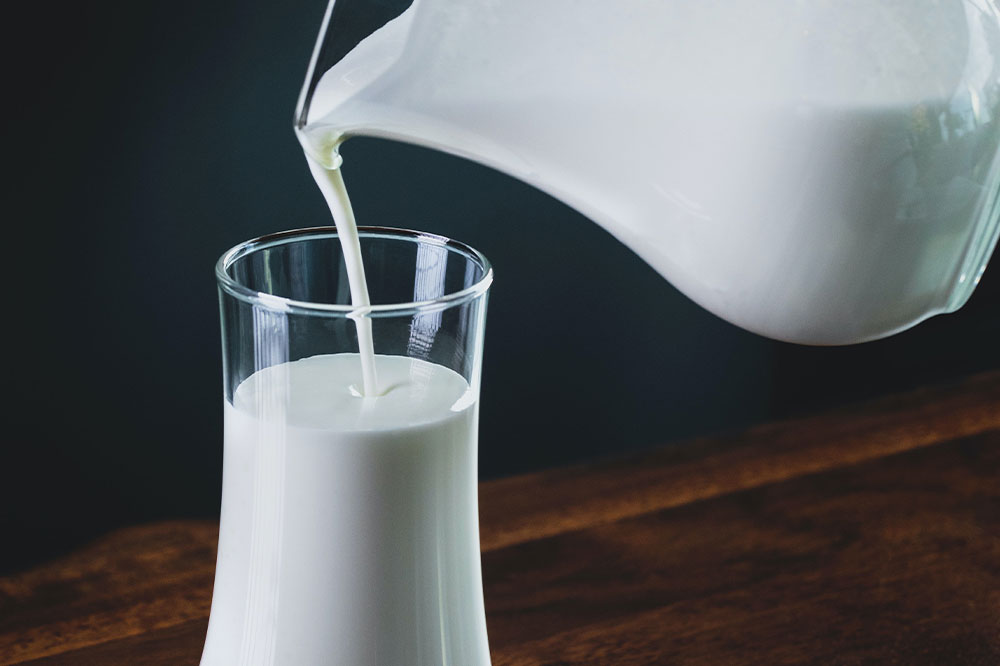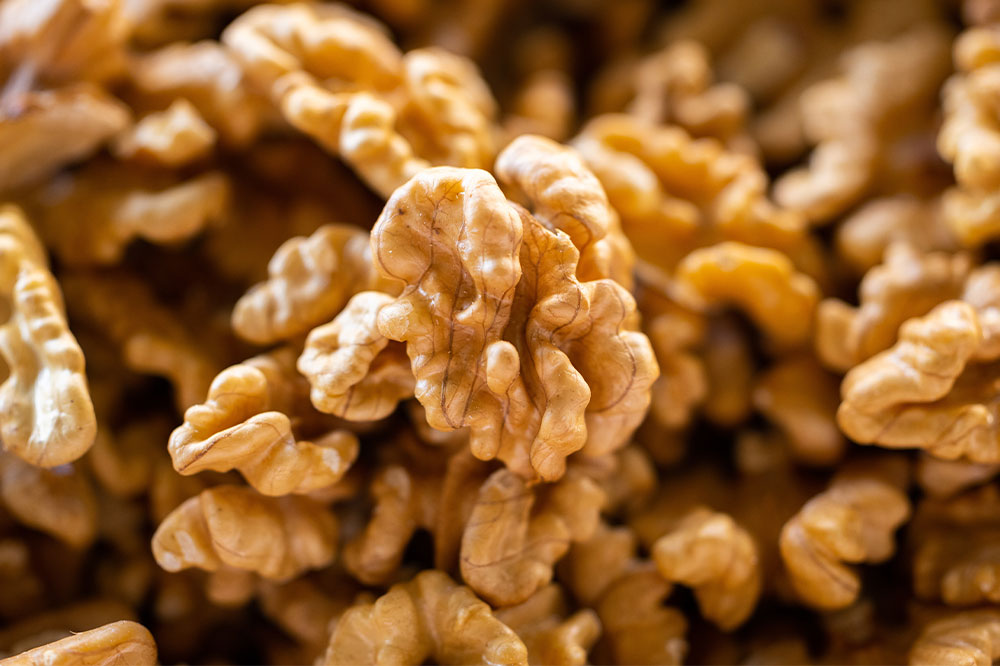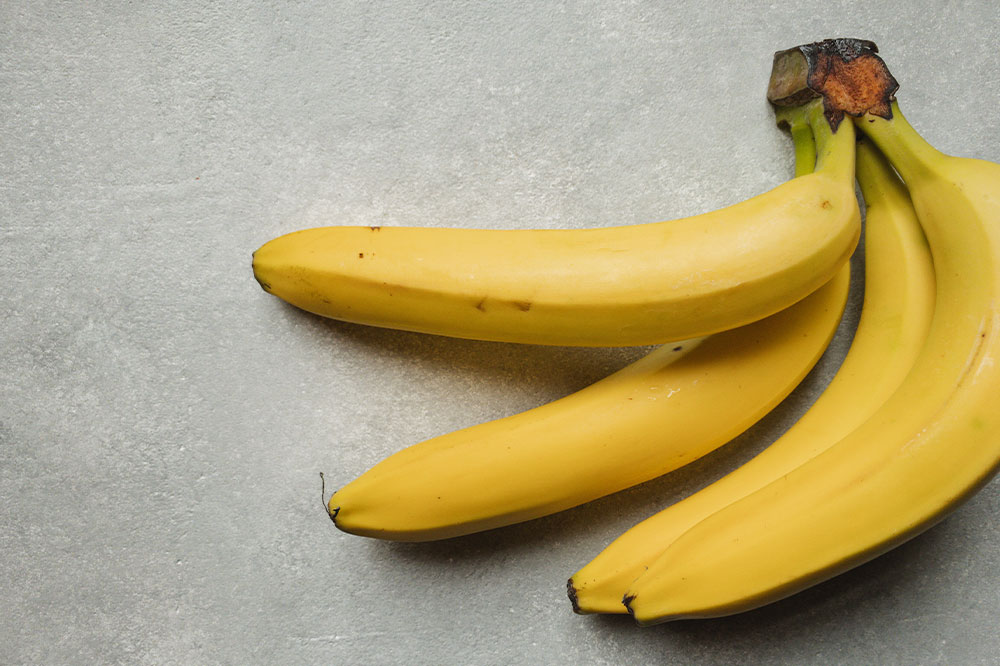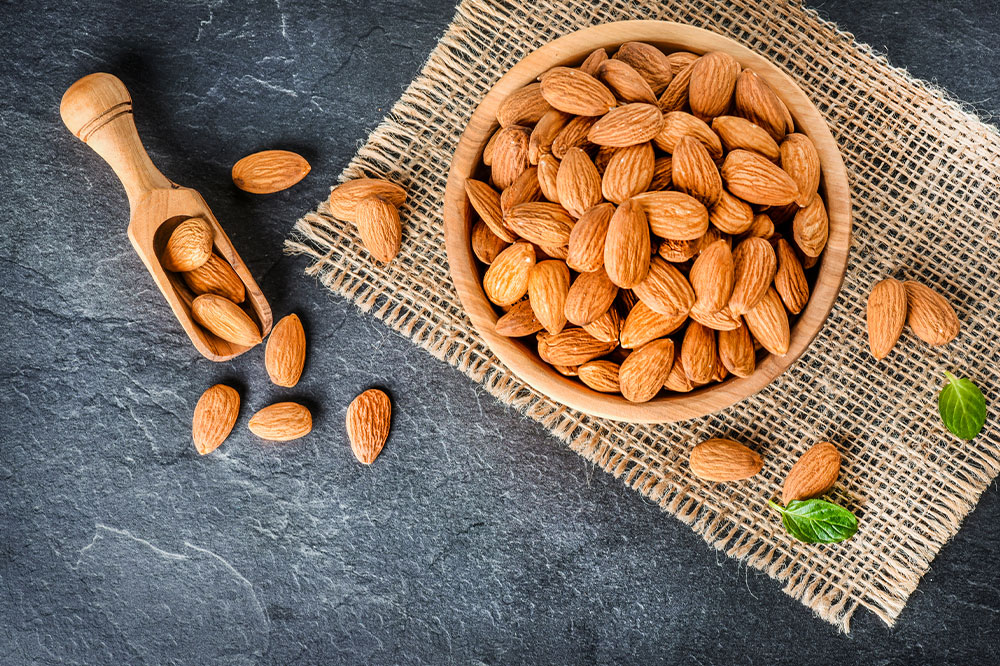9 Foods that Promote Bone Health
Bone health is a crucial aspect of a healthy lifestyle, especially as one ages. The Bone density and mass start to deteriorate, especially in women post-menopause when the estrogen levels are low. It is important to get the right nutrients through foods that help prevent the risk of developing these bone diseases. This article discusses nine superfoods one can include in one’s meals that help promote bone health. Here goes our list: Dark leafy greens Greens like spinach, collard greens, kale, bok choy, Chinese cabbage, and turnip greens are all recommended for bone health. The vitamin K present in these greens helps maintain strong bones and reduce the risk of developing a bone disease like osteoporosis. Calcium and vitamin K are the main nutrients that help keep the bones healthy. According to studies, one cup of cooked turnip greens has about 200 milligrams of calcium which is around 20 percent of one’s daily calcium consumption goal. A study was conducted to understand the impact of vitamin K1 on bone metabolism. The findings suggest that incorporating this vitamin into meals may enhance the material properties of bones. Sweet potato A medium-sized sweet potato provides 31 mg of magnesium and 542 mg of potassium.
Read More 






